Cost of unnecessary risk at sea
Published on December 14th, 2022
For over a week, family members had not heard from Kevin Hyde (65 years) and Joe DiTomasso (76 years) who were enroute on a Catalina 30 from Cape May, NJ to Marathon, Florida. Out of concern, they contacted the US Coast Guard for help, and reached out to the media (Scuttlebutt included) to heighten awareness.
The good news is they were found alive by a passing tanker ship, approximately 214 miles east of Delaware, with the cause of their silence being a lack of fuel and power, rendering their radios and navigation equipment inoperable. Rather than transfer fuel, the two men stepped off their boat and took a ride home.
After two days of Coast Guard and Navy assistance, requiring multiple aircraft, ships, and personnel, Captain Michael J. Dailey is questioning how this occurred:
————————–
Here we go again, is it the silly season and I missed something? Or should the family have possibly done more to prevent us taxpayers from subsidizing what is now an obviously an unprepared boat and crew from sailing offshore in the first place? In December no less.
We, the taxpayers, have just shelled out way more dollars than the Catalina 30 the missing sailors were aboard was worth. I won’t attempt to put a price on their lives, but as a sailor myself, I am very well aware of the risks I take every time I put to sea.
These two individuals (calling them sailors is a stretch) needlessly risked the lives of numerous other individuals in accomplishing their rescue, and not once, but TWICE!
And they continue to present further risk to mariners by leaving their dark sailing vessel to drift aimlessly in the Western Atlantic.
You can’t convince me that someone who knew them should have known better?
————————–
A relatively significant fact was omitted from earlier reports, and released after Dailey’s questioning, which was how the yacht was also dismasted.
Coast Guard, Navy, and maritime partners had searched a combined 21,164 square miles of water, spanning from northern Florida to the waters east of New Jersey.
Coast Guard Cmdr. Daniel Schrader, spokesperson for Coast Guard Atlantic Area, noted how this situation highlights “the importance of proper safety equipment and preparedness when going to sea. Having an emergency position indicating radio beacon, or ‘EPIRB’, allows mariners to immediately make contact with first responders in an emergency.”
While the duty to rescue persons in distress at sea is a fundamental rule of international law, minimizing the possibility for it to be needed and exercising maximum personal responsibility, should be a fundamental rule too.


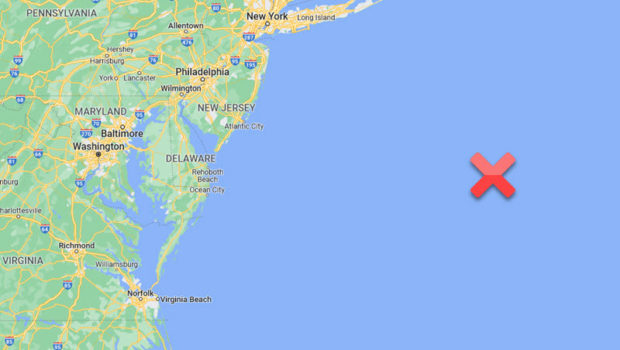


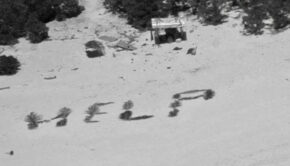
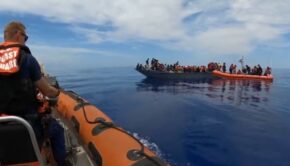
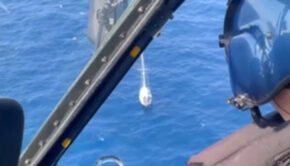
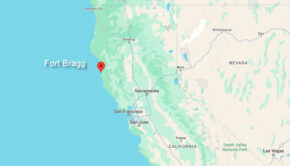
 We’ll keep your information safe.
We’ll keep your information safe.